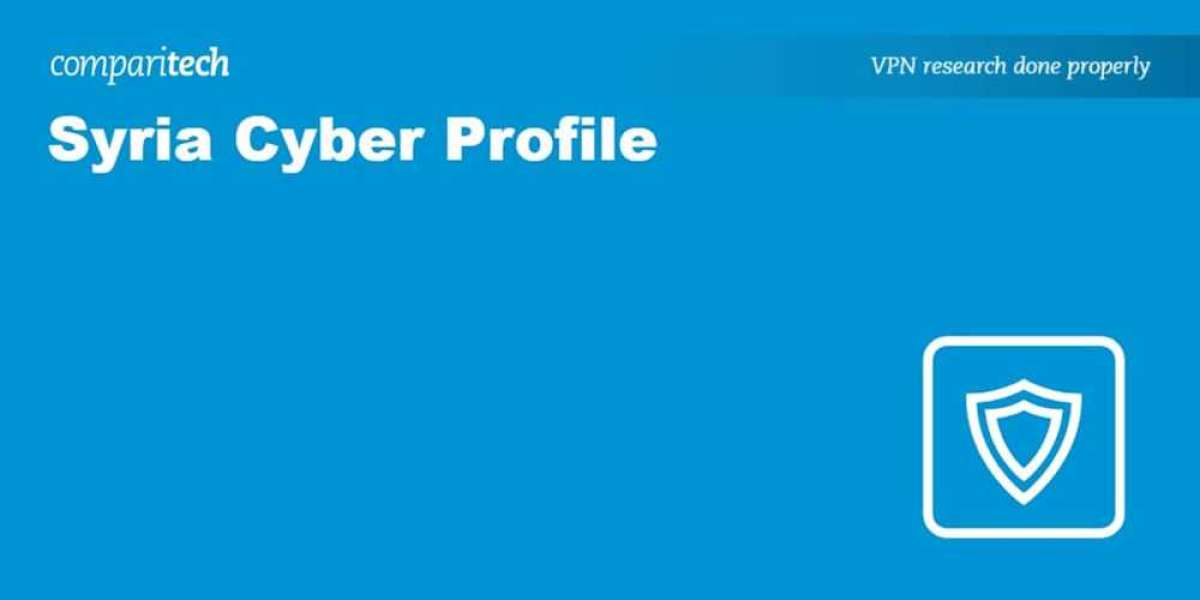Daily life persists in many Syrian regions unaffected by hostilities,
with the internet sustaining essential communication and economic activities.
Email, social platforms, and online news remain vital tools for citizens.
Internet penetration stands near 47%,
translating to 8.41 million users among 17.88 million residents.
Growth remains stagnant, mirroring population increases at 3.7%.
Affordability appears high globally—
Syria ranks second for cheapest broadband at $6.69 monthly,
with entry-level packages as low as $2.13.
Yet this masks economic collapse:
Average monthly wages plunged from $400 in 2011 to $55 in 2019,
despite nominal salary doubling in local currency.
Public access bridges gaps through nearly 66,000 free WiFi hotspots,
including 6,400 in Damascus.
Comparatively, Lebanon hosts 45,000 and Jordan 16,000.
Connectivity quality lags severely:
Fixed-line speeds average 10.28 Mbps (170th globally),
while mobile downloads reach 22.39 Mbps (105th).
Regional disparities are stark:
Israel (88%), Lebanon (76.2%), and Turkey (77.7%)
dwarf Syria’s adoption rates.
Authorities permit social media but fear its power to incite sectarian violence or protests.
Opposition forces—Turkish-backed groups and Sunni rebels—
execute severe crackdowns on dissent beyond government-controlled zones.
In Syria, the government's approach to cybersecurity is notably lacking, especially considering the ongoing conflict. This absence of a robust cybersecurity policy can be attributed to the nature of opposition groups, who are often technologically averse fundamentalists. As a result, even minimal cybersecurity measures by the government place them ahead of their adversaries.
In 2013 and 2014, Syria faced significant disruptions when the US National Security Agency (NSA) cut off internet access multiple times to support Syrian rebels. The government, however, managed to blame these disruptions on the rebels, which appears to have deterred further such actions. Since then, the primary threats to internet availability in Syria have been infrastructure damage and unreliable electricity supply.
The northern part of Syria, controlled by Turkish companies, often experiences internet shutdowns imposed by the Turkish government. In areas like Idlib, rebels actively discourage and even destroy telecommunications infrastructure to prevent its use.
Despite the constant attacks, the Syrian government does not impede public access to the internet. Most internet service providers are privately run, and there are no stringent requirements for obtaining fixed-line or mobile services. However, the lax enforcement of SIM card identity checks has contributed to a low mobile broadband penetration rate, with only about 15% of the population having access, despite 3G coverage being available in 85% of the country.
VPNs and encrypted chat apps like Signal, Telegram, and WhatsApp are legal in Syria. In 2018, the Syrian Telecommunications and Post Regulatory Authority (Sy-TPRA) considered banning VoIP services due to concerns over the state-owned telecom provider, but this ban was never implemented. Unlike other Middle Eastern countries, Syria does not block websites advertising VPNs or explaining their use, nor does it restrict access to the Tor browser, although its usage remains limited due to lack of awareness.
In the first half of 2021, Syria experienced a notable fluctuation in Tor network usage. While the country typically maintained approximately 500 daily users, a significant surge occurred between April and June, with usage numbers approaching 2,500. This spike potentially coincided with the presidential election period, which typically attracts international journalists who rely on Tor for secure reporting from surveillance-heavy regions.
For perspective, this usage remains minimal compared to the United States, where approximately 500,000 daily Tor users were active during the same timeframe—a userbase roughly 200 times larger than Syria's peak numbers.
Syria's digital landscape operates under Cybercrime Law 17/2012, updated in 2018, which established the National Agency for Network Services (NANS) as the primary regulatory body. The country's cybersecurity infrastructure is managed by CERT Syria, the national computer emergency response team.
The 2018 amendment notably addressed previous judicial shortcomings by creating specialized technical training for judges handling cybercrime cases, enhancing the legal system's ability to properly adjudicate technology-related offenses.
The Syrian Electronic Army (SEA) represents the most significant cyber threat within the country, though their activities have been inconsistent. Initially active from 2011-2014, they primarily targeted US entities rather than domestic systems. The group supports the Syrian government but operates as an activist collective similar to Anonymous, with no verified governmental direction despite frequent allegations.
After a period of dormancy, SEA resurfaced in December 2018 deploying Android malware, including recent COVID-themed applications containing "SilverHawk" spyware capable of data theft and device control.
Contrary to widespread perceptions of comprehensive internet censorship, Syria currently permits access to major social media platforms including Telegram, WhatsApp, and Skype. These services have been instrumental in facilitating anti-corruption campaigns and government criticism. While Facebook and YouTube experienced bans between 2007-2011, they are currently accessible.
Interestingly, Netflix's unavailability in Syria stems not from government restriction but from the streaming service's own policy. Syria joins North Korea and Crimea as the only global regions where Netflix refuses to operate.
The complexity of Syrian society, with its diverse religious landscape, has historically fostered a culture of cautious coexistence. What Western observers often characterize as self-censorship may instead reflect cultural preferences for social stability, particularly given concerns about potential alternatives to the current government.
While Syria's legal framework does include penalties for online hate speech and incitement, similar provisions exist throughout Western democracies, suggesting that such regulations are not inherently indicative of authoritarian control.
What is a Netflix VPN and How to Get One
A Netflix VPN is a specialized virtual private network service that enables viewers to bypass geographical restrictions on streaming content, allowing access to shows and movies that might otherwise be unavailable in their region. When users connect to a Netflix VPN, they can virtually relocate themselves to different countries, unlocking vast libraries of region-specific content that Netflix offers around the world. This technology has become increasingly popular among streaming enthusiasts who want to maximize their subscription value by accessing the full global catalog rather than being limited to their local offerings.
Why Choose SafeShell as Your Netflix VPN?
If people want to access region-restricted content by Netflix VPN, they may want to consider the SafeShell VPN . 1. SafeShell VPN boasts high-speed servers specifically optimized for seamless Netflix streaming, ensuring you can enjoy your favorite shows and movies without interruptions. 2. It allows you to connect up to five devices simultaneously, supporting a wide array of operating systems such as Windows, macOS, iOS, Android, and more, making it versatile for any device you own. 3. The exclusive App Mode feature lets you unlock and enjoy content from multiple regions at the same time, providing a diverse range of streaming services and libraries. 4. With lightning-fast connection speeds and no bandwidth limitations, you can say goodbye to buffering and throttling, enjoying unprecedented internet performance. 5. Top-level security is ensured with the proprietary "ShellGuard" protocol, offering advanced encryption and robust security features to protect your data. 6. Additionally, SafeShell VPN provides a flexible free trial plan, allowing users to explore its robust features without any commitment, making it an ideal choice when other Netflix vpn not working .
A Step-by-Step Guide to Watch Netflix with SafeShell VPN
Unlocking global Netflix content has never been easier with SafeShell Netflix VPN , a powerful tool designed to bypass geographical restrictions. To begin your journey into unlimited streaming possibilities, first visit the SafeShell VPN website and select a subscription plan that aligns with your viewing habits and budget constraints. Once you've completed the registration process, download the appropriate application for your device - whether you're using Windows, macOS, iOS, or Android - and install it following the on-screen instructions.
After installation, launch the SafeShell Netflix VPN application and log into your account using the credentials you created during registration. For optimal streaming performance, select the APP mode which is specifically optimized for video streaming services. Next, browse through the server list and select a location in your desired Netflix region - popular choices include servers in the United States for the extensive US library, the United Kingdom for British content, or Canada for its unique offerings.
With your VPN connection established through your chosen server, you're now ready to access region-specific Netflix content. Simply open the Netflix application or navigate to the Netflix website in your browser, sign in with your existing Netflix account credentials, and start exploring the newly available shows and movies. The SafeShell Netflix VPN maintains high-speed connections that ensure smooth streaming without buffering, allowing you to enjoy your favorite international content without interruption or quality compromise.







